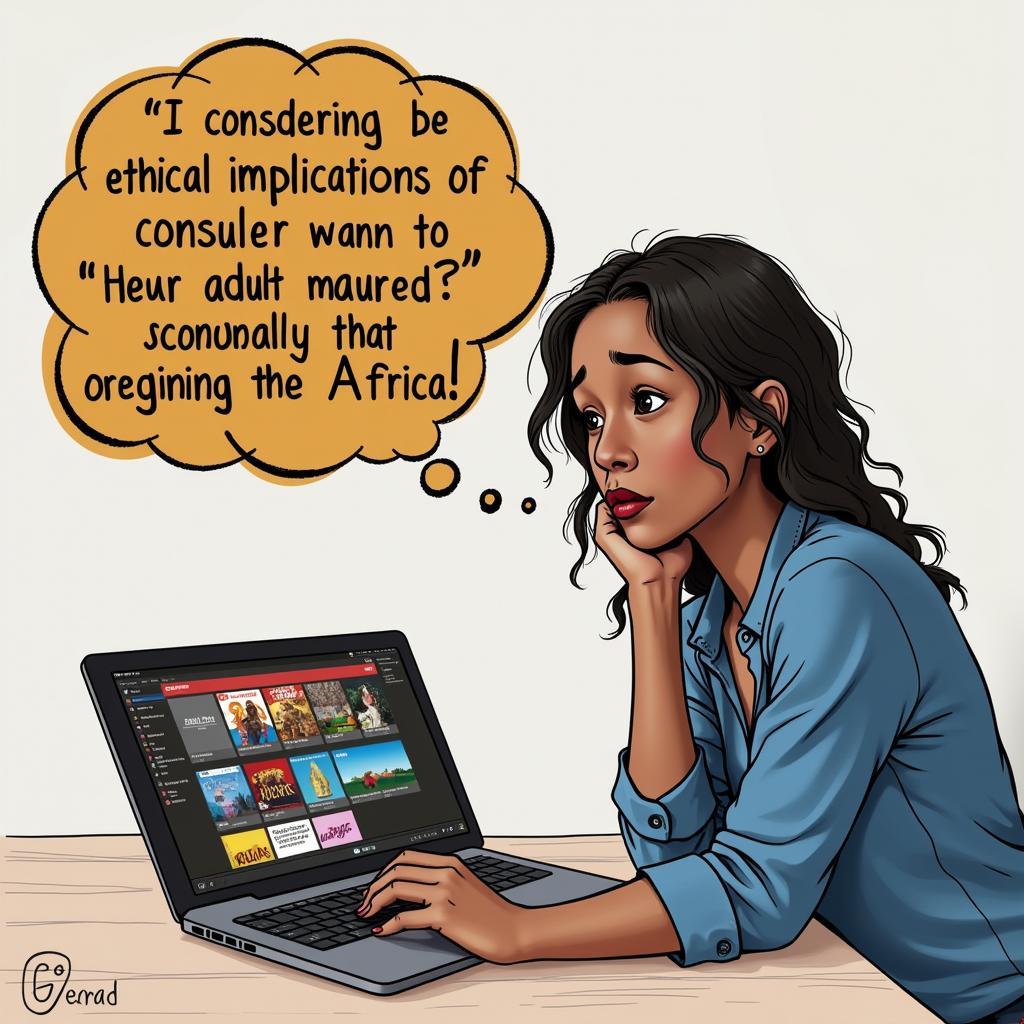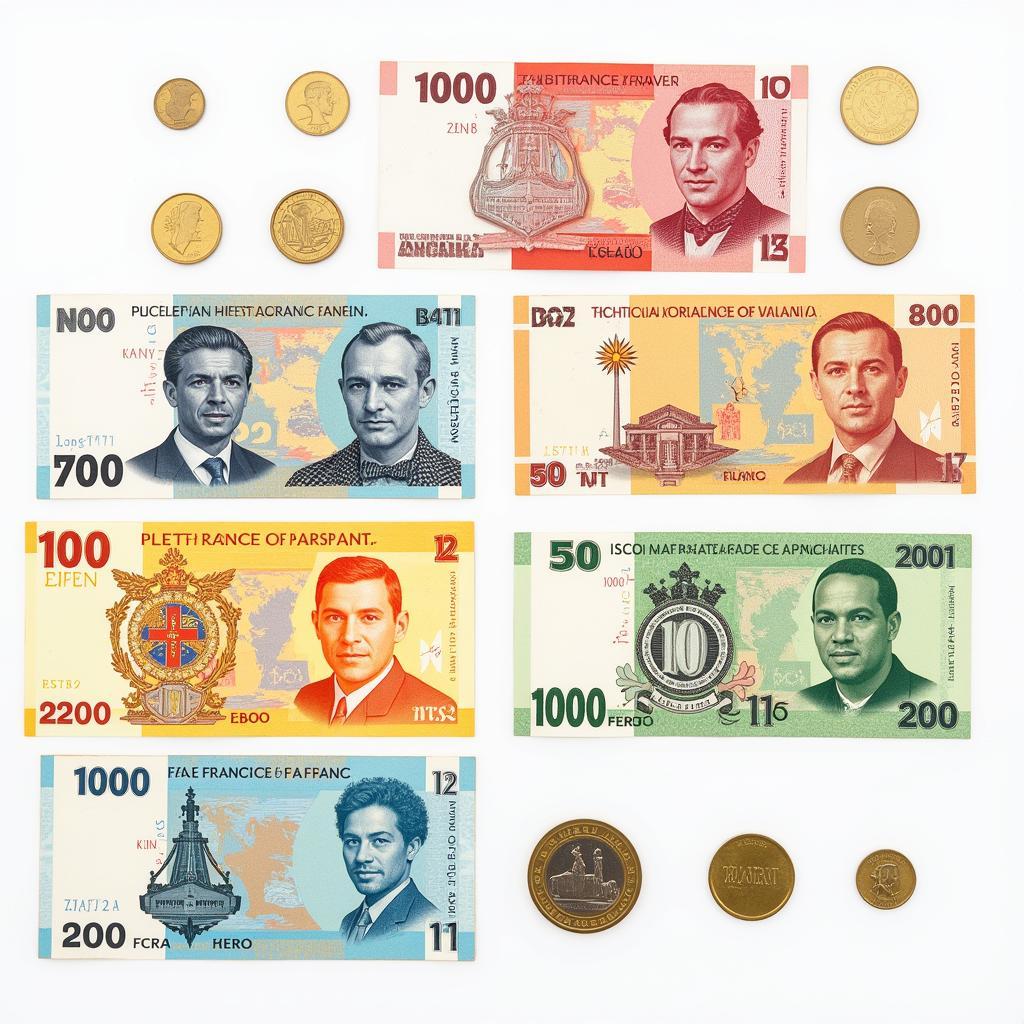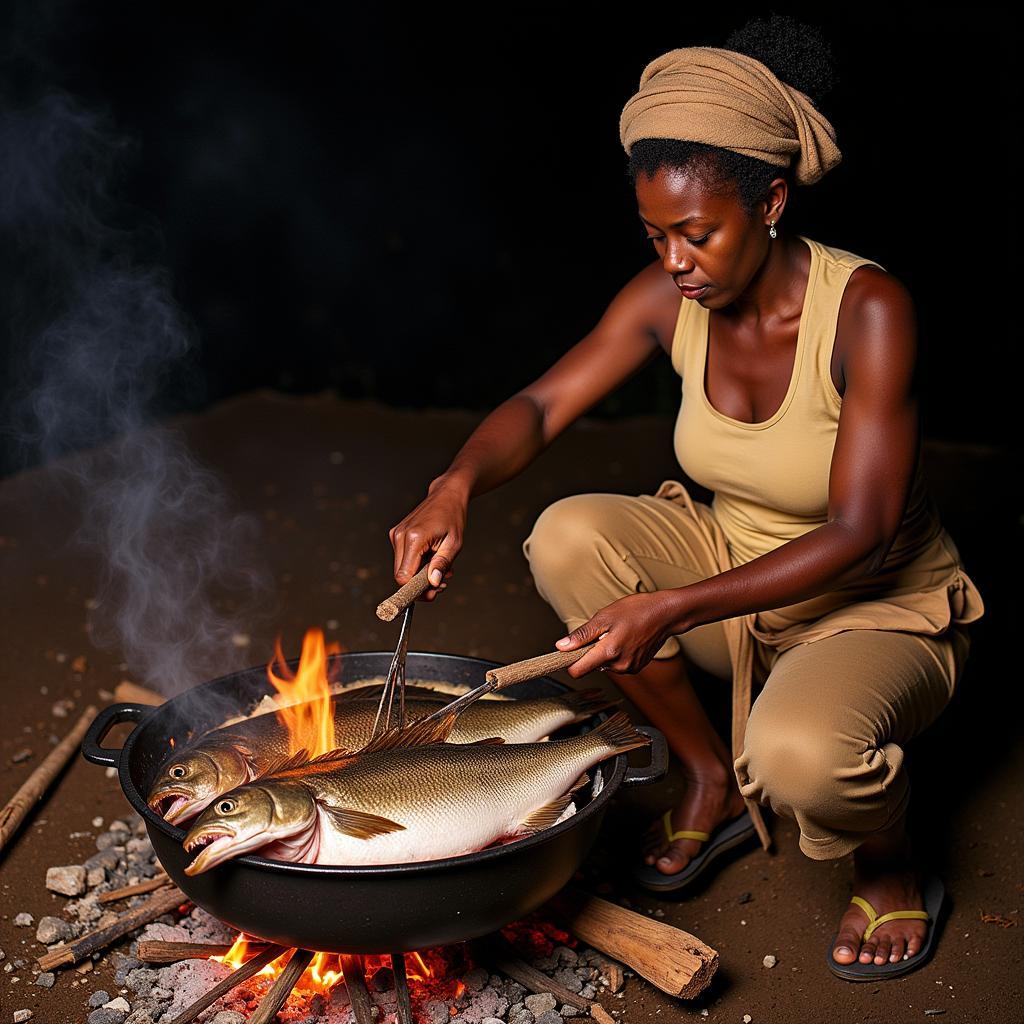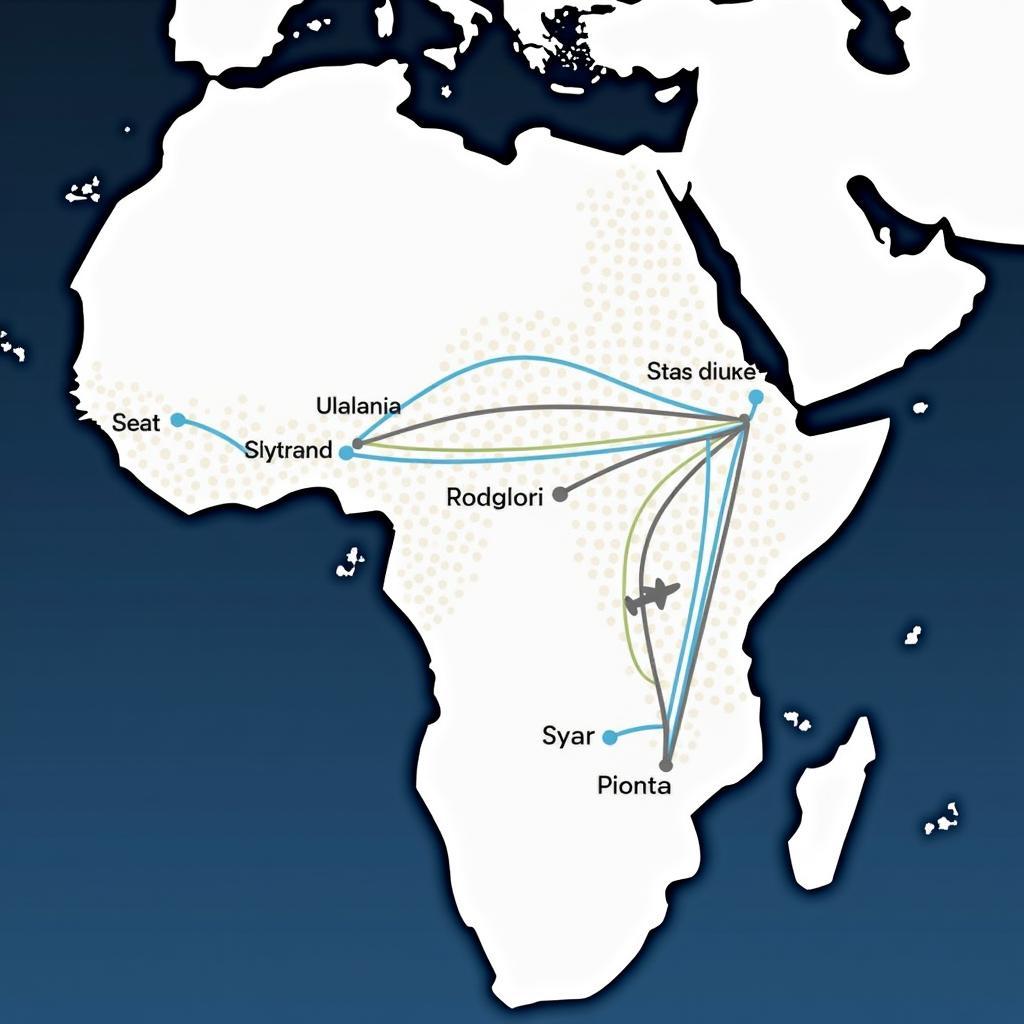Exploring the Vibrant World of African Attire Outfits
African Attire Outfits are more than just clothing; they are a vibrant tapestry woven with history, culture, and tradition. From the flowing robes of North Africa to the intricate beadwork of the south, every garment tells a story and reflects the diversity and richness of the continent. Whether you’re looking for inspiration for your next outfit or simply curious to learn more about African fashion, this exploration of the vibrant world of African attire outfits will captivate your imagination.
A Kaleidoscope of Styles: Unveiling the Diversity of African Attire Outfits
African attire outfits are as diverse as the continent itself, with each region and ethnic group boasting its own unique styles, fabrics, and embellishments. This incredible variety is a testament to the creativity and craftsmanship of African artisans, who have been honing their skills for centuries.
North Africa: Elegance and Modesty
In North Africa, Islamic influences are evident in the flowing robes and head coverings that are commonly worn. These garments are often made from luxurious fabrics like silk and linen, and are adorned with intricate embroidery and beading. For men, the djellaba, a long, loose-fitting robe, is a staple garment, while women often wear kaftans, which are similar to djellabas but typically more ornate.
West Africa: Bold Prints and Intricate Weaves
West Africa is renowned for its vibrant textiles and bold prints. Kente cloth, originating from Ghana, is a prime example, with its intricate geometric patterns and symbolic colors. Aso oke, from Nigeria, is another popular fabric, known for its rich textures and intricate weaving techniques. These fabrics are often used to create stunning outfits for special occasions, such as weddings and festivals.
East Africa: Flowing Silhouettes and Beaded Accessories
East African attire is characterized by flowing silhouettes and a love of vibrant colors. The kanga, a rectangular piece of cloth with a printed message or proverb, is a ubiquitous garment in this region, often worn wrapped around the waist or draped over the shoulders. Beaded jewelry, particularly necklaces and bracelets, is also a prominent feature of East African style.
Southern Africa: A Fusion of Cultures
Southern Africa’s attire reflects its diverse cultural heritage, blending traditional influences with contemporary trends. The Madiba shirt, named after Nelson Mandela, is a beloved garment in South Africa, known for its colorful, printed designs. In other parts of Southern Africa, traditional attire often features intricate beadwork and embroidery, showcasing the skills of local artisans.
Beyond the Garments: The Cultural Significance of African Attire
African attire is much more than just fashion; it is a powerful expression of identity, culture, and heritage. Clothing plays a vital role in many African societies, conveying social status, marital status, and even religious beliefs.
Symbols of Status and Identity
In some cultures, certain garments are reserved for specific individuals or occasions. For example, among the Maasai people of East Africa, only warriors are permitted to wear red clothing. Similarly, in many West African societies, elaborate headdresses are worn by chiefs and elders as symbols of their authority and wisdom.
Celebrating Heritage and Tradition
African attire outfits are often passed down through generations, becoming cherished heirlooms that connect families and communities to their past. By wearing these garments, individuals honor their ancestors and keep traditions alive.
A Platform for Storytelling
Many African textiles feature intricate patterns and symbols that convey stories, myths, and legends. For example, the Adinkra symbols of Ghana each have a specific meaning, representing concepts such as wisdom, courage, and unity. By incorporating these symbols into their clothing, people can share their values and beliefs with the world.
Embracing the Global Appeal of African Attire Outfits
In recent years, African attire has gained increasing recognition and appreciation on the global fashion stage. Designers from around the world are drawing inspiration from the continent’s rich textile traditions and vibrant aesthetics.
From Runways to Red Carpets
African attire has graced the runways of major fashion weeks, with designers like Duro Olowu, Lisa Folawiyo, and Thebe Magugu showcasing the beauty and sophistication of contemporary African fashion. Celebrities have also embraced African attire, donning stunning outfits by these designers and others on red carpets and at high-profile events.
A Celebration of Creativity and Craftsmanship
The global popularity of African attire highlights the exceptional creativity and craftsmanship of African artisans. From the intricate beadwork of the Ndebele people of South Africa to the delicate embroidery of the Tuareg people of North Africa, these skilled craftspeople continue to create exquisite garments that are admired worldwide.
Conclusion
African attire outfits are a testament to the continent’s rich cultural heritage and creative spirit. From the vibrant textiles to the intricate embellishments, every garment tells a story and reflects the diversity and beauty of African culture. As the world continues to embrace the global appeal of African fashion, we can look forward to seeing even more innovative and captivating designs emerge from this dynamic and inspiring continent.
FAQs
1. What are some popular African fabrics?
Some popular African fabrics include kente cloth, aso oke, Ankara, mud cloth, and kanga cloth.
2. Where can I buy authentic African attire online?
Several online retailers specialize in authentic African attire, offering a wide selection of clothing, accessories, and home decor.
3. How do I care for my African attire?
Care instructions vary depending on the fabric and embellishments. It’s best to follow the care label instructions or consult with a specialist in African textiles.
4. Can I wear African attire to a wedding or other formal event?
Absolutely! Many contemporary African designers create stunning outfits suitable for weddings, galas, and other formal occasions.
5. How can I incorporate African attire into my everyday wardrobe?
You can easily add touches of African style to your everyday wardrobe with accessories like scarves, jewelry, and bags. You can also find modern clothing items that incorporate African prints and fabrics.
Need Help?
For any assistance or further questions, please contact us at:
Phone: +255768904061
Email: kaka.mag@gmail.com
Address: Mbarali DC Mawindi, Kangaga, Tanzania.
Our dedicated customer care team is available 24/7 to assist you.




